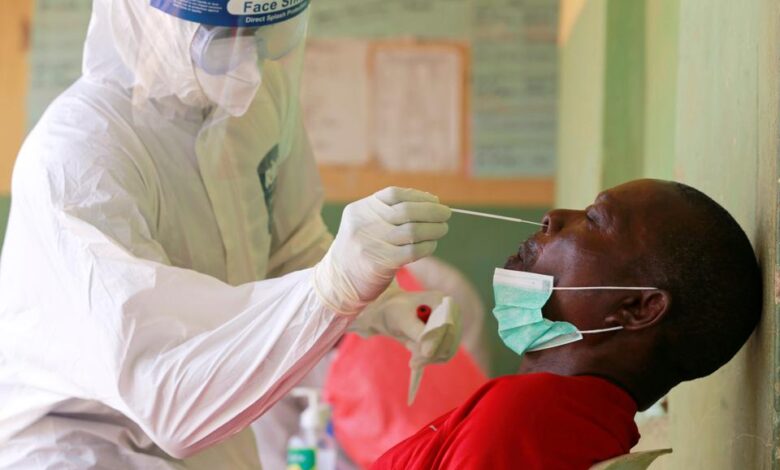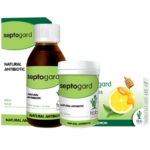Septogard and Coronavirus: Does It Work?

Coronavirus disease (COVID-19) is an infectious disease caused by a newly discovered coronavirus. Most people infected with the COVID-19 virus will experience mild to moderate respiratory illness and recover without requiring special treatment. Older people, and those with underlying medical problems like cardiovascular disease, diabetes, chronic respiratory disease, and cancer are more likely to develop serious illness.
Septogard Natural Antibiotic is a blend of medicinal herbs formulated to help bring bacterial and viral infections under control, as well as to boost the immune system. Septogard contains natural ingredients relied on for thousands of years to heal and restore.
Studies have shown that Herbs can be antibiotics. A small sampling study of 58 Chinese plants found that 23 had antibacterial properties and 15 had antifungal properties. A 2014 study found that an herbal therapy was just as effective as a chemical antibiotic in treating a small intestine bacterial overgrowth disorder. Septogard comes in syrup and tablets formulation.
Septogard tablets contain the following ingredients: Tinospora cordifolia, well known for its immunomodulatory response (stimulates the immune system), Emblica officinalis also known for boosting immunity. Rubia cordifolia – immunity booster and antimicrobial activity and Saussurea lappa, immunity booster. Septogard syrup on the other hand contain: Balsamodendron mukul – 80mg, Maharasnadi quath – 30mg, Rubia cordifolia – 15mg, Tinospora cordfolia – 20mg, Trikatu – 13mg, Emblica officinalis – 8mg, Glycyrrhiza glabra – 9mg, Asparagus racemosus – 10mg, Cinnamomum zeylanicum – 6mg and sugar.
Can Septogard Cure Coronavirus?
No, currently there no medication including herbal blends or supplement that cures or prevent disease. With the 2019 COVID-19 pandemic, it’s especially important to understand that only physical distancing, also known as social distancing, and proper hygiene practices can protect you from COVID-19.
If you are already being treated for COVID-19, taking Septogard tablet or syrup can interact with prescription or over-the-counter medications you’re taking.
Nevertheless, you are looking for a safe medication that can enhance your immunity and not interact with your medications, you should discuss with your doctor about vitamin C. There is little evidence to support vitamin C’s mighty reputation for helping us to fight off colds and other respiratory infections. A 2013 review by Cochrane – an organization renowned for its unbiased research, found that in adults “trials of high doses of vitamin C administered therapeutically, starting after the onset of symptoms, showed no consistent effect on the duration or severity of common cold symptoms”.
Are there treatments for COVID-19?
Scientists around the world are working to find and develop treatments for COVID-19. Optimal supportive care includes oxygen for severely ill patients and those who are at risk for severe disease and more advanced respiratory support such as ventilation for patients who are critically ill.
Dexamethasone is a corticosteroid that can help reduce the length of time on a ventilator and save lives of patients with severe and critical illness.
Results from the WHO’s Solidarity Trial indicated that remdesivir, hydroxychloroquine, lopinavir/ritonavir and interferon regimens appear to have little or no effect on 28-day mortality or the in-hospital course of COVID-19 among hospitalized patients.
Hydroxychloroquine has not been shown to offer any benefit for treatment of COVID-19.
WHO does not recommend self-medication with any medicines, including antibiotics, as a prevention or cure for COVID-19. WHO is coordinating efforts to develop treatments for COVID-19 and will continue to provide new information as it becomes available.





